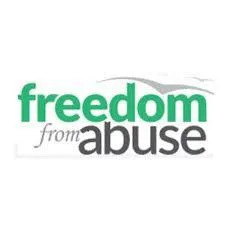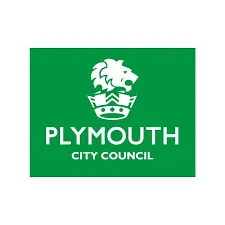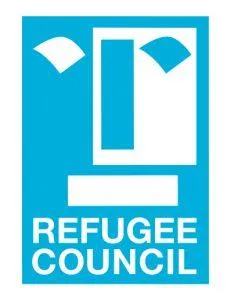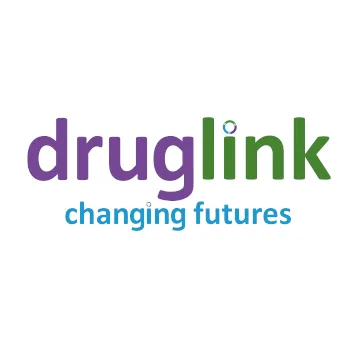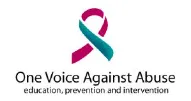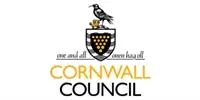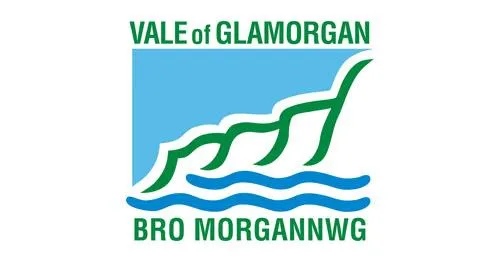The Trauma
Regulation
Board
The first independent regulator for trauma-informed practice,
Safeguarding public trust. Enforcing practitioner standards.
Closing the gap where harm happens.
We Accredit Practitioners & Organisations, set Professional Standards, and investigate misconduct to protect the public
91% of Solicitors, 98% of Police, 93% of Social workers are not Trauma-informed.
Solicitors. Police. Social workers. Even therapists. Every day, people are re-traumatised by those meant to protect them.
Unresolved trauma drives systemic failure.
92% of women in prison are survivors of abuse.
Children with four or more ACEs lose 20 years of life expectancy.
92% of women in prison are survivors of abuse
70% of adults experience trauma in their lifetime
We investigate harmful practitioners
Building a community of experts
Setting standards of practice

Report Harmful Practice
Report a practitioner or organisation that has caused harm, re-traumatisation, or fostered a culture of unsafe practice. If we work together without judgement, we can facilitate change from a micro to macro level - your voice , your service
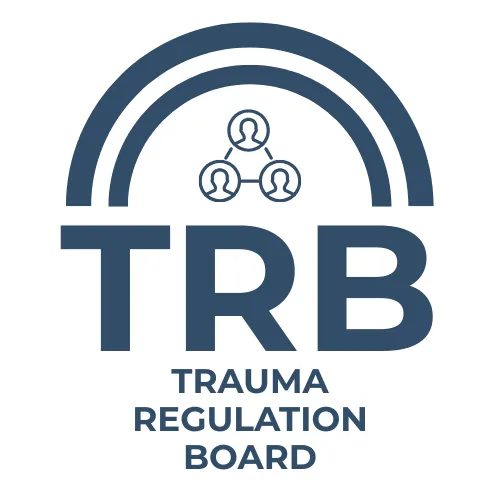
Raise a Concern
Organisations
For staff, colleagues, or service users who have witnessed or experienced a culture of harm, retraumatisation, or unsafe practice within a wider service or organisation
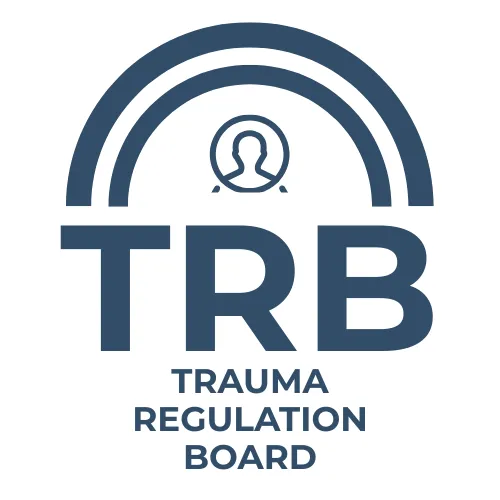
Report a Practitioner
For concerns about independent therapists/ practitioners claiming to be trauma-informed but practise without competence, training, or care, causing harm
We have previously worked with..
Trauma Regulation Board
Raising Standards in Operations and Service Delivery
Why This Matters
Unresolved trauma drives psychiatric, social, and justice system failure. Evidence shows that 80% of those with BPD, 70% with psychosis, and 90% of young offenders have significant trauma histories. Yet NICE continues to recommend CBT as a default, and medication is still used to suppress symptoms rather than address causes. The result is retraumatisation, shortened lives, and a £30 billion annual cost to the UK. TRB embeds the tri-phasic model across systems - not just in therapy but in governance, policy, and frontline practice - making safety regulated, structured, and measurable.
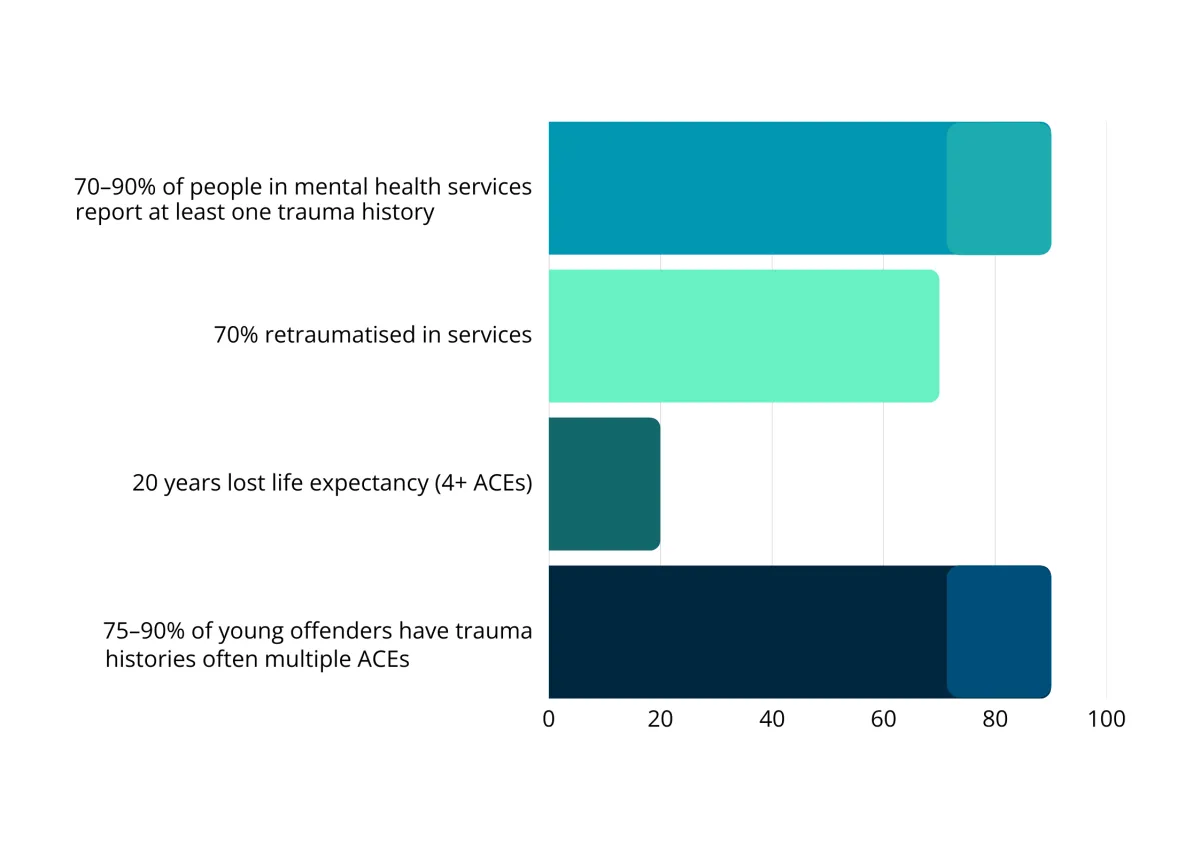
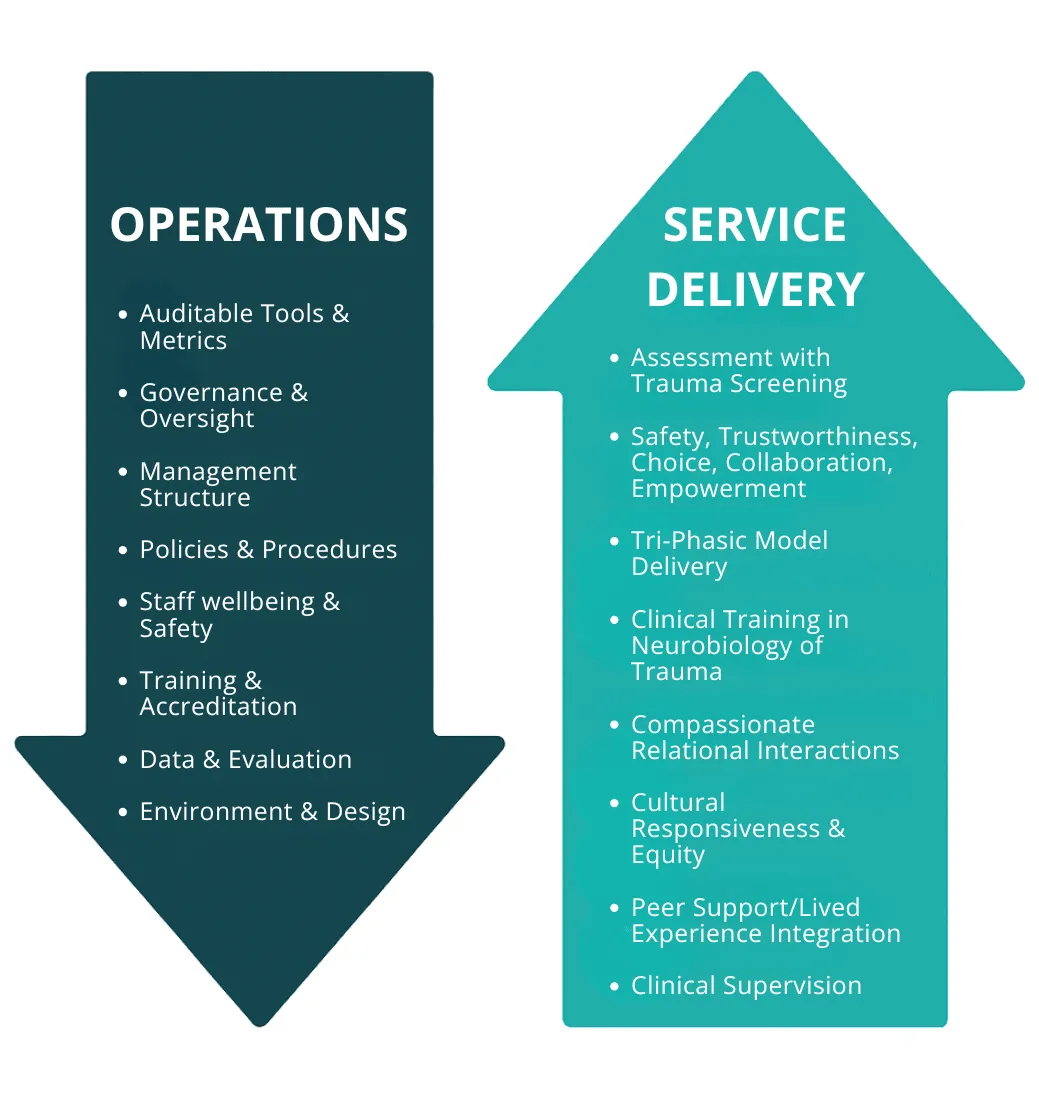
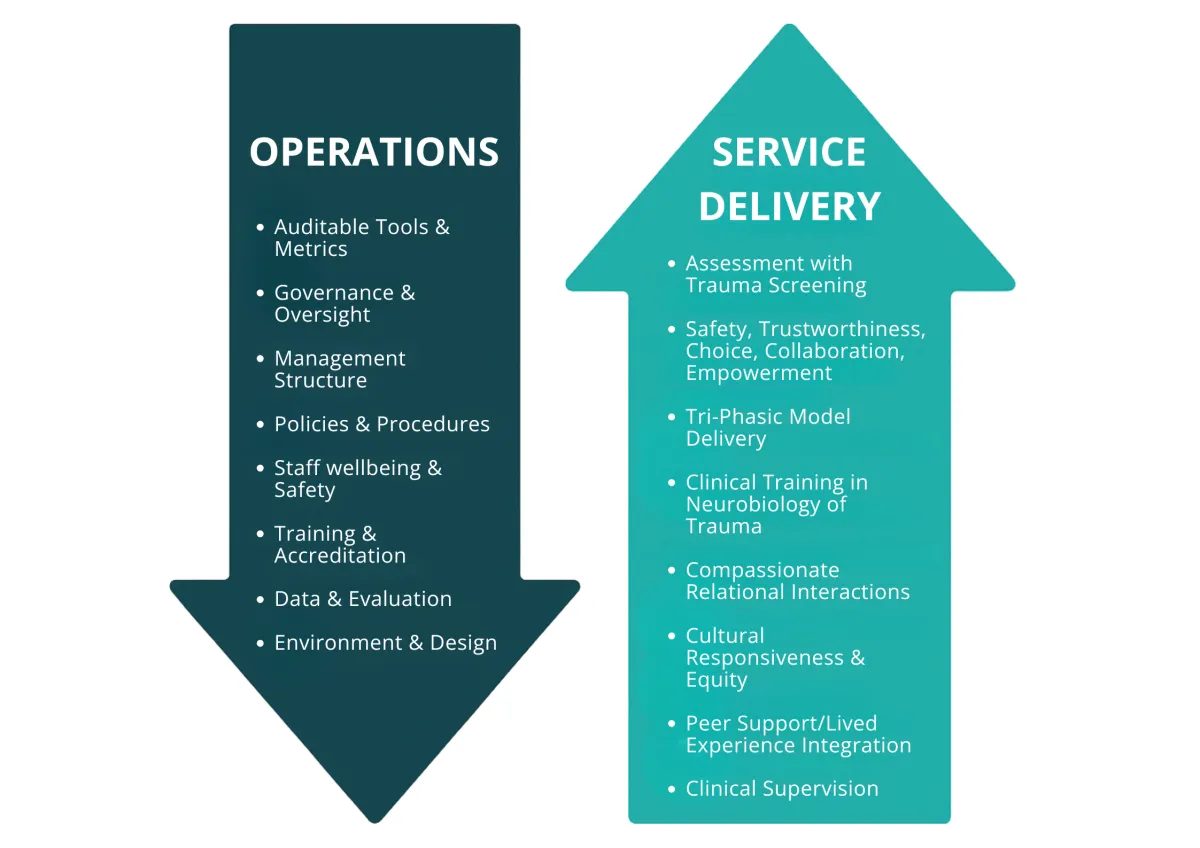
Trauma-informed practice cannot exist in isolation; it must be embedded both system level, and frontline level
Standards at every level
TRB regulates both the systemic framework and the clinical delivery. At the system level, we support governance, oversight, accountability, and policy compliance. At the frontline, we require trauma screening, evidence-based stabilisation, and recovery-focused care that prevents re-traumatisation. All standards are benchmarked against the tri-phasic model of trauma treatment - ensuring services move safely from stabilisation, through processing, into reintegration. This makes safety not aspirational, but regulated, measurable, and lived.
Rachel Speaking for Men and Boys in Belfast
Trauma services often exclude men & boys..
We need to have a better understanding of trauma and its impact on men and boys. 50% of the population is not receiving services because they are not women. I believe in equality, and I believe they have a right to recover
Join The TRB Now
Become a Trauma-Focused Professional
Join the TRB Mailing List
Receive trauma-informed insights, practitioner updates, and exclusive newsletters directly to your inbox

© 2026 Trauma Regulation Board - All Rights Reserved │ Privacy Policy │Terms & Conditions
The Trauma Regulation Board operates under a non-exclusive licence from The Fairhurst Foundation LLC for the use of all trauma frameworks, models, assessment tools and educational content.

